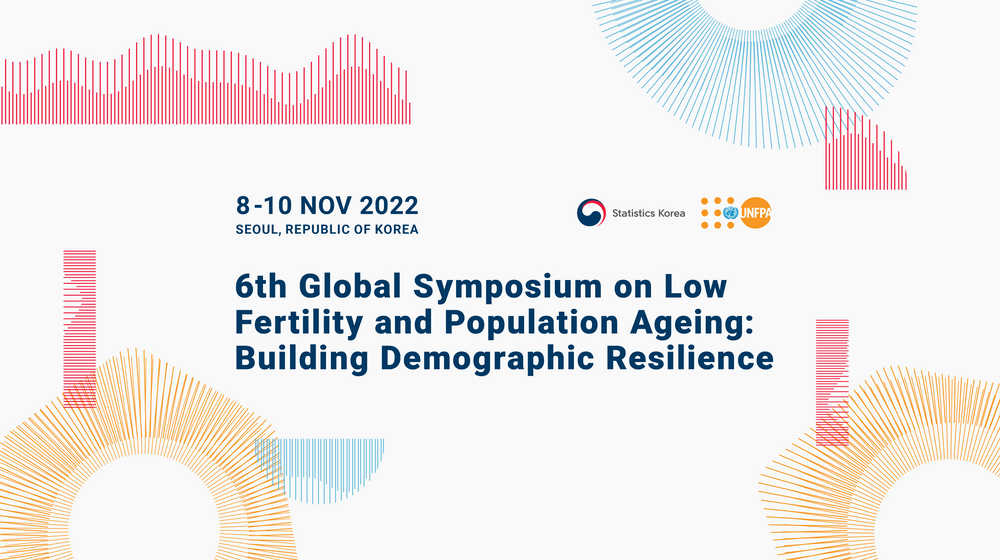The world is rapidly ageing.
In the coming decades, the number of people who are 65 years or older is expected to more than double, rising to 1.6 billion in 2050. A longer life brings more opportunities for people to pursue their goals and contribute to their families, communities and society as a whole. But these opportunities depend heavily on one factor: health.
Rapid growth in the number of older people underscores the significance of promoting lifelong health – and ensuring that all people fully enjoy their fundamental freedoms and human rights. With that in mind, the theme this year for the International Day of Older Persons is “Fulfilling the Promises of the Universal Declaration of Human Rights for Older Persons: Across Generations.”
Seventy-five years ago, the United Nations General Assembly adopted the landmark Universal Declaration of Human Rights, the first document articulating the fundamental human rights that are meant to be universally protected. The international day this year highlights the importance of protecting these rights for older persons, as well as sharing and learning from intergenerational models for the protection of global human rights.
Ageing is a triumph of development. People are living longer because of better health care, nutrition, sanitation, education and economic well-being. Although an ageing world poses social and economic challenges, the right set of policies can equip individuals, families and societies to address these challenges and to reap the benefits. UNFPA works to raise awareness about population ageing and the need to harness the opportunities and address the challenges. UNFPA also supports research and data collection to provide a solid base for policies and planning.
Older people are an asset, for their skills, talents, experiences, perspectives and resilience.
Yet this group often lacks autonomy and the power to make decisions, and faces neglect and abuse due to stigma and harmful social norms that often relegate older people to the sidelines of society. The COVID-19 pandemic magnified discrimination against older people, revealing inadequate social protection and health care.
Older women make many contributions to their families, communities and societies, including as caretakers of the next generation of children, but they face intersecting inequalities, including gender discrimination and poverty due to gender biases. Women also tend to live longer than men, and may experience deepening poverty as they age, as well as isolation and social exclusion.
UNFPA supports integrated approaches to mental and physical health care for older people, including through the use of ageing centres, which provide easier access to services as well as more opportunities to socialize. UNFPA sees this population as a vital part of economies and societies, not as a group to be discounted.




